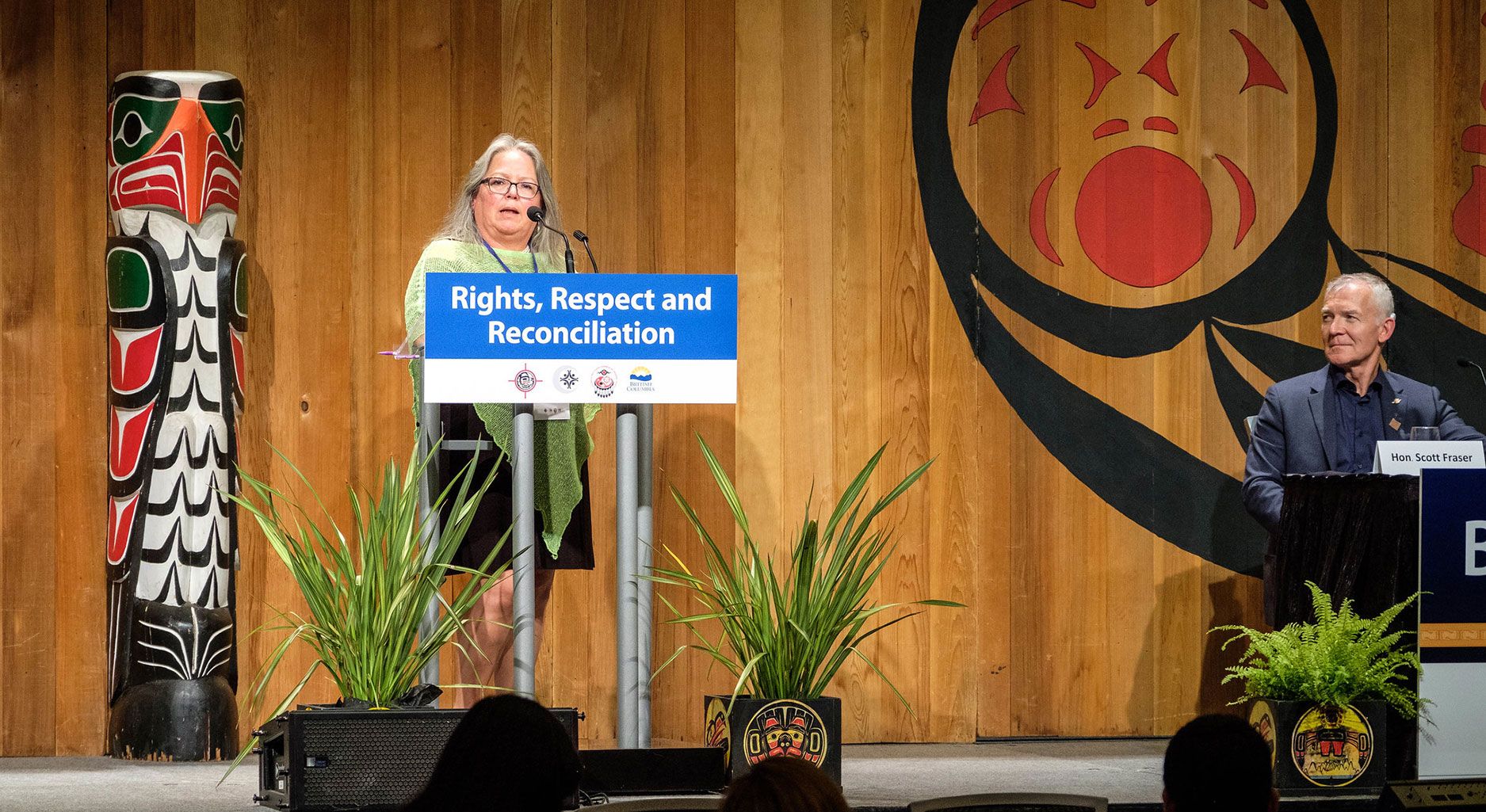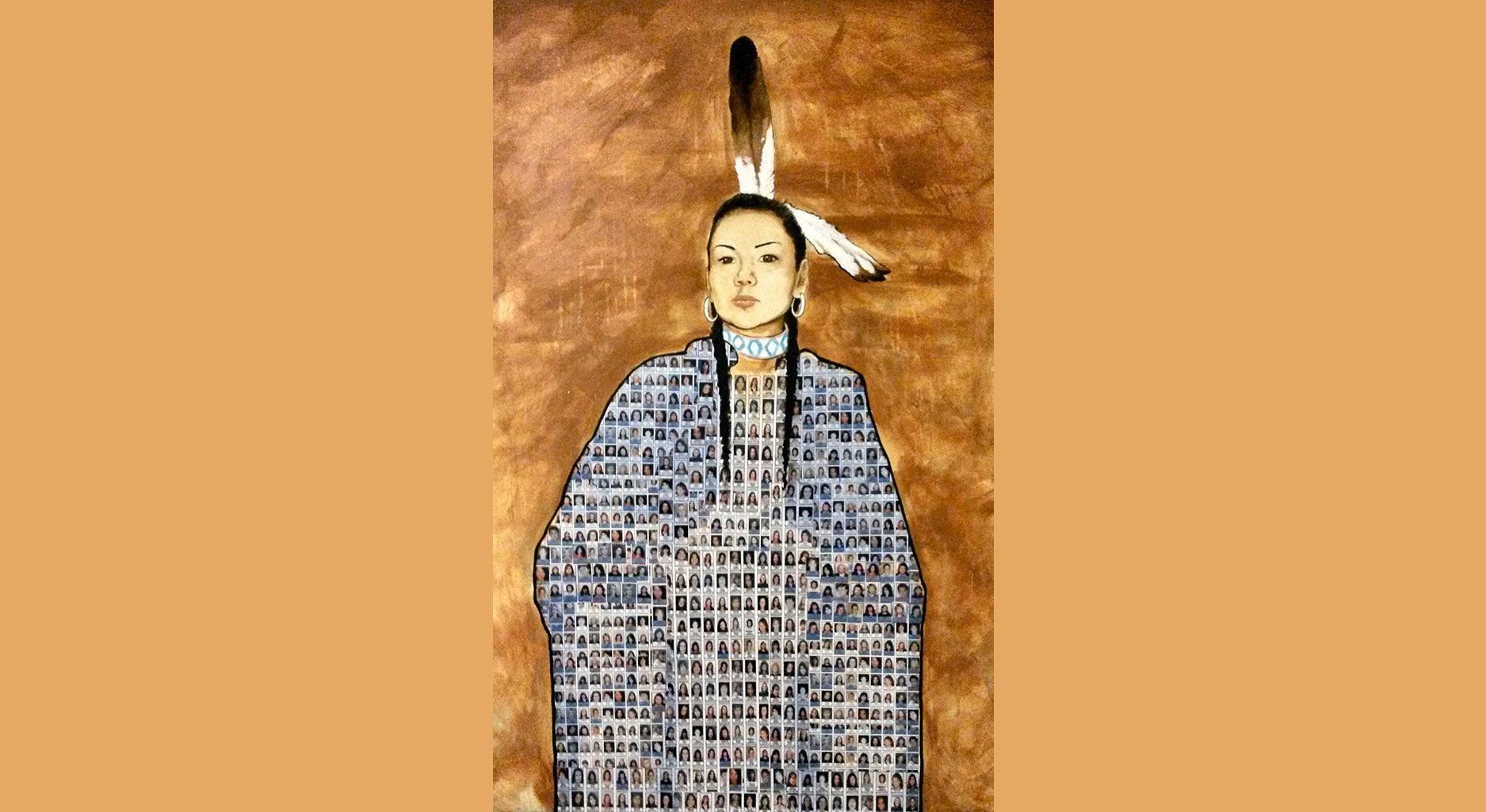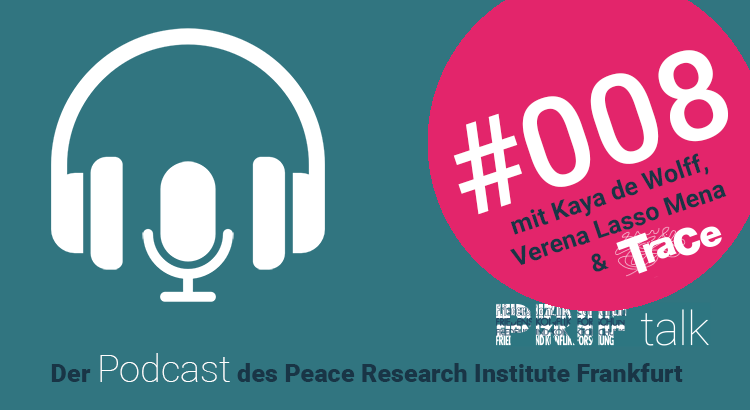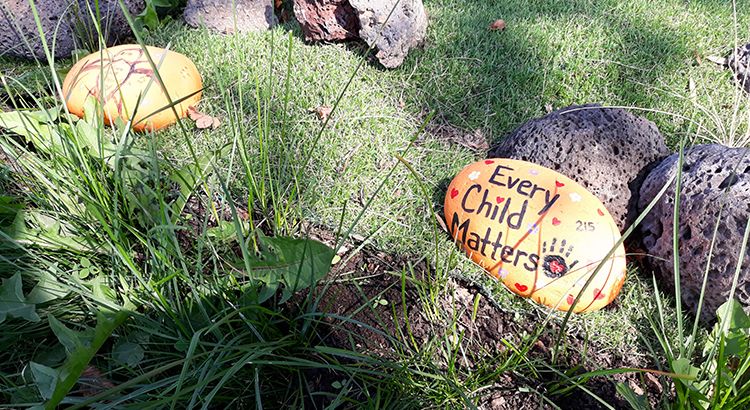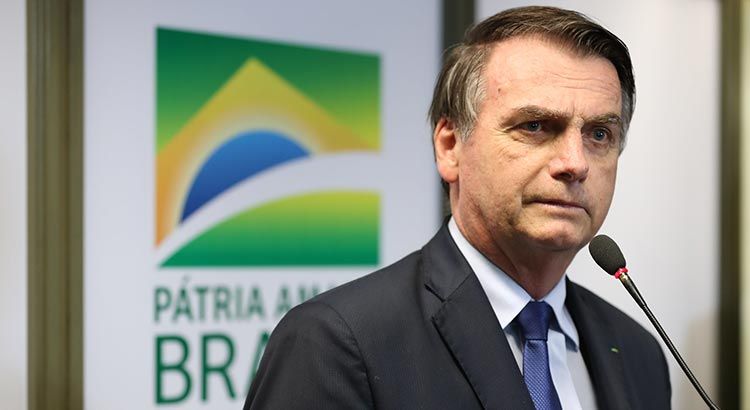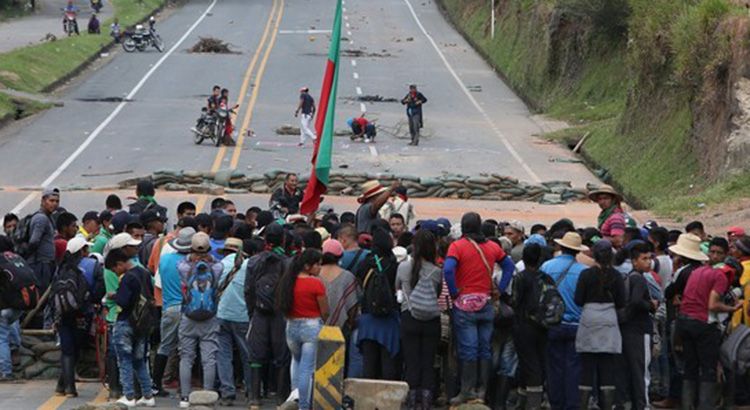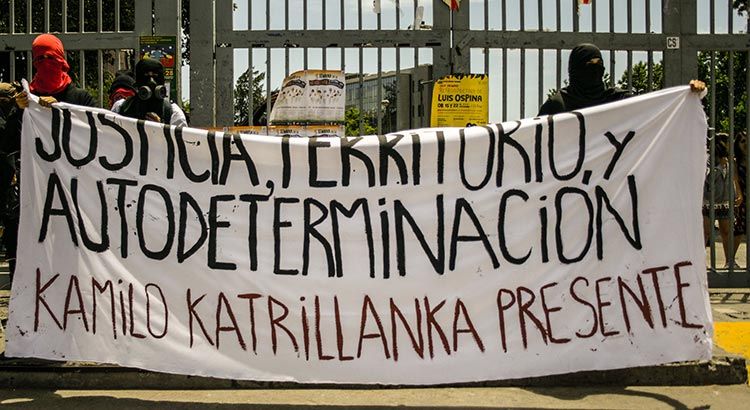Schlagwort: Indigene
Vorab bestanden hohe Erwartungen an die COP30: Belém sollte Raum für stärkere...
Truth Spoken, Progress Delayed: Reflections on the Truth and Reconciliation Commission of Canada
Ten years ago, the Truth and Reconciliation Commission of Canada issued a historic report...
Time for True Stories: Stereotypes Absolve Gendered Violence against Indigenous in Canada
Across North America, May 5 is a day to commemorate the thousands of missing and murdered...
A Step Towards Justice: Canada Agrees to Compensate First Nations for Loss of Culture and Language
Ten years after the Gottfriedson case class action lawsuit was filed to claim for compensation...
Indigenous Peoples’ experiences: Some observations about the new political era in Latin America
In the last five years, Latin America has entered a new political era with indigenous peoples at...
A punto de escalar: grupos indígenas se movilizan en contra del gobierno en Colombia
Desde el 10 de Marzo de 2019, grupos indígenas en el suroccidente Colombiano protestan. La actual...
On the brink of escalation: indigenous groups mobilize against the government in Colombia
Since March 2019, indigenous people in the South-Western part of Colombia mobilize. Systematic...
How the Chilean government deals with the Mapuche conflict
The 14th of November 2018, the Chilean police shot the 24-year-old Mapuche activist Camilo...

